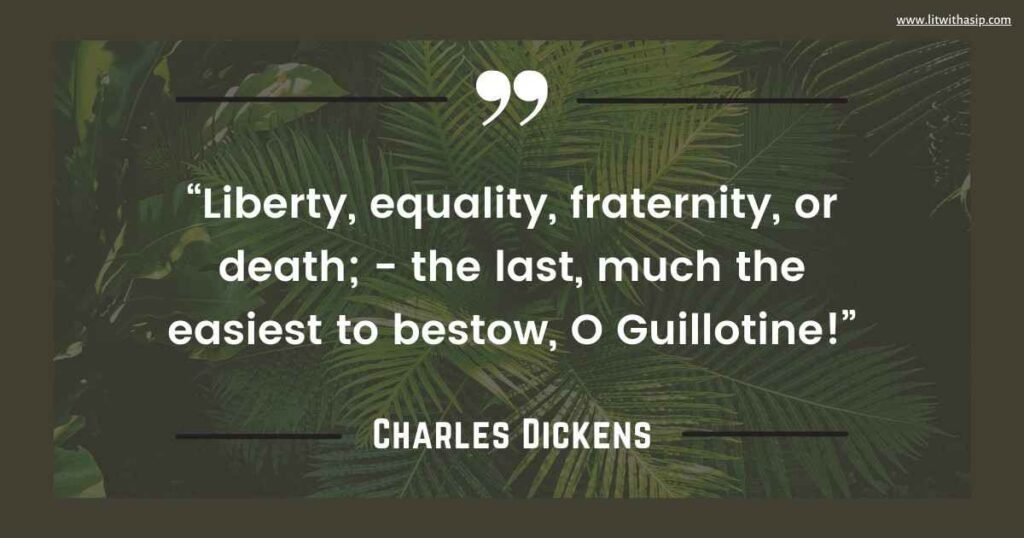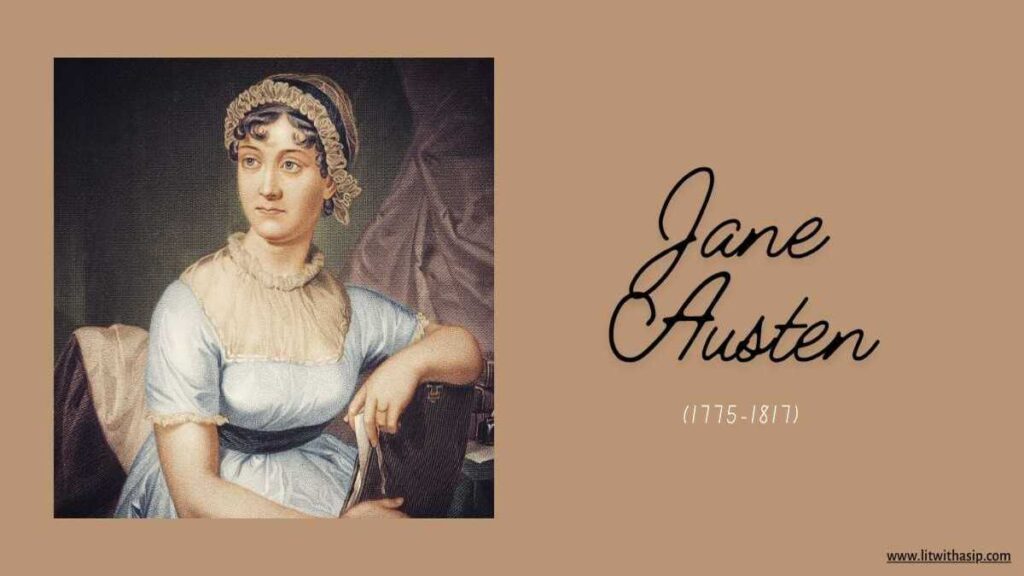The French Revolution (1789-1799), one of the most pivotal and transformative events in world history, is known for reshaping the social, political, and cultural landscape of not only France but also the entire globe. Beginning in the late 18th century, this period of significant change saw the end of the absolute monarchy and the rise of revolutionary ideas.
With the motto “Liberty, Equality, and Fraternity”, this Revolution established a republic, challenged the old order, inspired future democratic movements, and introduced new ideas about governance and human rights. Its lessons continue to influence our understanding of democracy, social justice, and national identity.
This blog talks about four important lessons the French Revolution taught humankind.
Inequality Leads to Unrest

It all began with the unequal status of people in society, power abuse by monarch Louis XVI, and the working class protesting against the unfairness they faced. This struggle was characterized by the convergence of economic hardship, social inequality, political conflict, and Enlightenment ideas.
Under the Ancien Régime of France, the Estates-General functioned as an advisory assembly representing the three estates—clergy, nobility, and commoners. These three estates were convened by the king to discuss and approve new taxes and policies, though they held no real legislative power and met infrequently.
The commoners, or the Third Estate, were expected to bear the majority of the tax burden, despite having the least wealth and power, and minimal political influence compared to the clergy and nobility. The First Estate (clergy) and the Second Estate (nobility) enjoyed significant privileges, including exemption from most taxes and greater political influence, despite making up a small fraction of the population. This rigid social structure promoted resentment amongst the commoners.
Widespread poverty and famine, exacerbated by poor harvests and rising bread prices, created immense public discontent. Financial crises, driven by the monarchy’s debt and extravagant spending, led to increased taxation and fiscal mismanagement. Political strife between the monarchy and the increasingly assertive Estates-General highlighted the demand for representation and reform.
The revolution revealed that extreme inequality and unfairness in society can lead to rebellion. It highlighted the importance of addressing social and economic injustices to maintain stability for the welfare of all humankind.
People Have the Right to Choose Their Leaders

For the first time in history, the monarch was removed by commoners. These people, through a revolutionary movement, overthrew the absolute monarchy, executed King Louis XVI, and established a republic based on democratic principles and the rights of citizens. The French Revolution challenged the entrenched social and political hierarchies by establishing that all men are born free and are equal in rights, leading to the dismantling of the feudal system and the assertion of popular sovereignty.
Enlightenment thinkers promoted ideals of liberty, equality, and democratic governance, inspiring the populace to challenge the existing autocratic regime. These combined factors ignited the revolutionary fervor that ultimately transformed France.
The revolution showed that citizens could challenge and dismantle oppressive regimes, asserting their right to self-governance. Through events like the Storming of the Bastille and the establishment of the National Assembly, the French people asserted their sovereignty. The revolution’s emphasis on democratic ideals and the eventual rise of a more representative government highlighted the intrinsic right of people to select leaders who reflect their will and protect their interests.
Change Should Be Balanced and Controlled

The abolition of monarchy in France was indeed a huge step, but it all was a product of rage and prolonged suffering by the commoners that happened to take place amidst a chaotic series of events. Another significant change that followed was the establishment of the First French Republic which lasted twelve years. The lack of a stable transitional framework led to power vacuums and infighting among revolutionary factions.
At the same time, rapid changes and the instability of the period led to severe economic hardship, hyperinflation, and food shortages, demonstrating the detrimental effects of uncontrolled and poorly managed change.
Napoleon Bonaparte, a French emperor and military leader, gained prominence during the French Revolution and conducted successful campaigns in the Revolutionary Wars. His rise to power marked the end of the revolutionary period and the beginning of the Consulate. He promised stability and order, appealing to a population weary of the chaos. His reforms, such as the Napoleonic Code, standardized laws across France and provided a stable legal framework that endures to this day. He also reformed the tax system, education, and administration, creating a more efficient state apparatus. This reflected how balanced change could lead to positive outcomes.
However, Napoleon’s expansionist ambitions led to overreach. His military campaigns across Europe initially brought glory but ultimately resulted in significant losses and the eventual collapse of his empire. The invasion of Russia in 1812, for example, ended in disaster and significantly weakened his regime.
The lack of balance and control in his later years, characterized by relentless military campaigns and the imposition of French control over much of Europe, led to widespread resistance and ultimately his downfall.
Nationalism Can Inspire and Divide

The French Revolution demonstrates that nationalism can be a powerful force for both inspiration and division. It initially ignited a strong sense of national identity and pride among the French people. The revolutionaries rallied around the concepts of “Liberty, Equality, Fraternity,” which fostered a collective sense of purpose and unity. Revolutionary symbols like the tricolor flag, the Marseillaise (national anthem), and the Phrygian cap became potent symbols of national pride.
However, the intense nationalism that inspired unity also led to deep divisions within French society. Different revolutionary factions, such as the Girondins and the Jacobins, each claimed to represent the true spirit of the revolution. These internal conflicts often turned violent, exemplified by the Reign of Terror.
Internal conflicts such as the War in the Vendée could be considered a civil war amongst Royalist and Catholic forces in the Vendée who rebelled against the revolutionary government, leading to a brutal and bloody conflict.
Nationalism contributed to the revolutionary wars with various European coalitions. The revolutionary government’s aggressive promotion of revolutionary ideals abroad, coupled with the desire to defend and expand the revolution, led to widespread conflict across Europe. The intense nationalistic fervor created an “us vs. them” mentality, leading to the demonization of foreign enemies and internal “traitors.”
Therefore, while the French Revolution highlighted the potential pitfalls for all of humanity, it also provided lessons on avoiding such actions to achieve a harmonious society.
Also read: Understanding The Enlightenment Era of the 18th Century (litwithasip.com)

Jennis Jacob, a passionate literary enthusiast in her 20s, is a writer and poet. With eight years of experience in literature, she is currently a master in English and finds inspiration in Womanist, American, and Indian Partition Literatures. Her works have appeared in anthologies such as ‘Carved Words Of Creative Minds’ and ‘100 Splendid Voices,’ and she is working on upcoming books. Through LitWithASip, she aims to ignite a love for literature and empower individuals to embrace their true selves.

